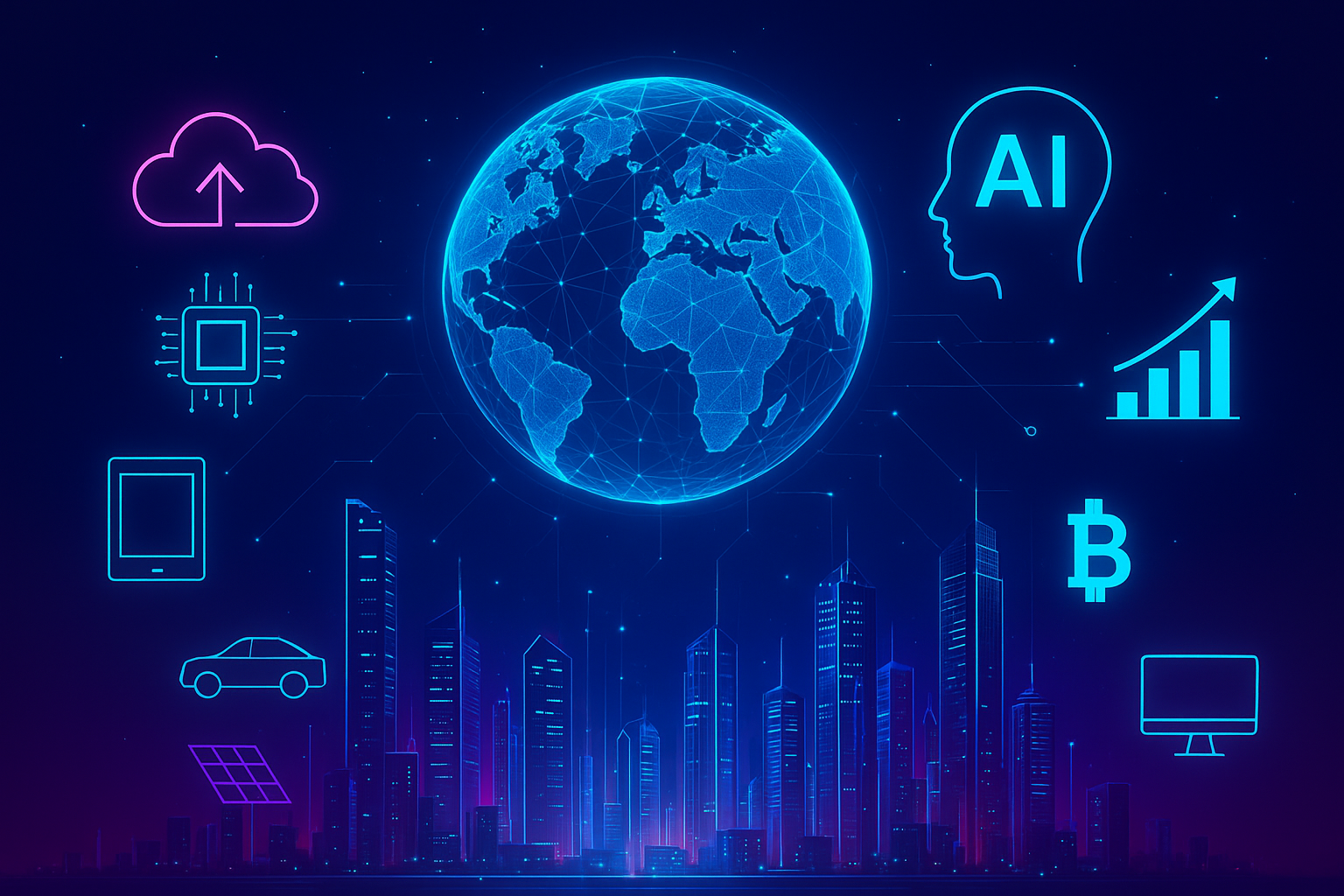Technology is no longer just a tool, it’s the engine rewriting the rules of how we live, work, and connect.
From Nairobi to New York, innovations once imagined in science fiction are now powering everyday life.
Take Artificial Intelligence (AI). What began as chatbots answering simple queries has exploded into advanced systems that write, design, diagnose, and even predict with astonishing accuracy.
“AI isn’t replacing humans; it’s amplifying what we can do,” says Dr. Amina Mwangi, a data scientist at Nairobi’s iHub.
From automating routine tasks in banking to detecting early signs of diseases in hospitals, AI is transforming entire industries at lightning speed.
Meanwhile, the quantum computing race is heating up, with global giants like Google and IBM competing to build machines capable of solving problems beyond the reach of even the most powerful supercomputers.
Experts say breakthroughs here could revolutionize drug discovery, cybersecurity, and climate modeling.
Closer to home, fintech innovations are reshaping Africa’s digital economy.
Mobile money platforms, once limited to simple transfers, now power full-scale financial ecosystems, enabling farmers to access loans, entrepreneurs to raise capital, and families to invest, all from their phones.
And then there’s the rise of green tech. From solar microgrids in rural Kenya to electric buses navigating city streets, sustainable innovations are not just saving the planet but also creating new jobs and opportunities.
But with this rapid progress come challenges,ethical questions on AI, data privacy risks, and the widening gap between those with access to cutting-edge tools and those left behind.
“Technology is neutral,” notes tech policy analyst Brian Oduor.
“How we use it will determine whether it unites or divides us.”
What’s clear is that the future is arriving faster than ever.
From AI assistants in your pocket to quantum breakthroughs on the horizon, we are stepping into an era where technology isn’t just shaping tomorrow, it’s rewriting today.


